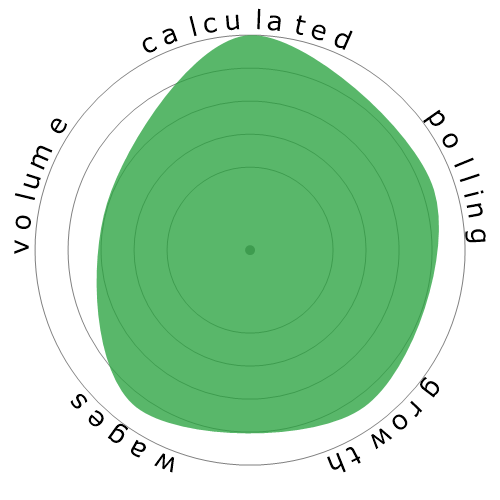Nurse Practitioners
Where Would You Like to Go Next?
Or, Explore This Profession in Greater Detail...


What does this snowflake show?
What's this?
We rate jobs using four factors. These are:
- Chance of being automated
- Job growth
- Wages
- Volume of available positions
These are some key things to think about when job hunting.
People also viewed
Calculated automation risk
Minimal Risk (0-20%): Occupations in this category have a low probability of being automated, as they typically demand complex problem-solving, creativity, strong interpersonal skills, and a high degree of manual dexterity. These jobs often involve intricate hand movements and precise coordination, making it difficult for machines to replicate the required tasks.
More information on what this score is, and how it is calculated is available here.
User poll
Our visitors have voted there's a low chance this occupation will be automated. This assessment is further supported by the calculated automation risk level, which estimates 0.0% chance of automation.
What do you think the risk of automation is?
What is the likelihood that Nurse Practitioners will be replaced by robots or artificial intelligence within the next 20 years?
Sentiment
The following graph is shown where there are enough votes to produce meaningful data. It displays user poll results over time, providing a clear indication of sentiment trends.
Sentiment over time (yearly)
Growth
The number of 'Nurse Practitioners' job openings is expected to rise 46.3% by 2033
Total employment, and estimated job openings
Updated projections are due 09-2025.
Wages
In 2023, the median annual wage for 'Nurse Practitioners' was $126,260, or $61 per hour
'Nurse Practitioners' were paid 162.7% higher than the national median wage, which stood at $48,060
Wages over time
Volume
As of 2023 there were 280,140 people employed as 'Nurse Practitioners' within the United States.
This represents around 0.18% of the employed workforce across the country
Put another way, around 1 in 542 people are employed as 'Nurse Practitioners'.
Job description
Diagnose and treat acute, episodic, or chronic illness, independently or as part of a healthcare team. May focus on health promotion and disease prevention. May order, perform, or interpret diagnostic tests such as lab work and x rays. May prescribe medication. Must be registered nurses who have specialized graduate education.
SOC Code: 29-1171.00
Comments (13)
Reply to comment